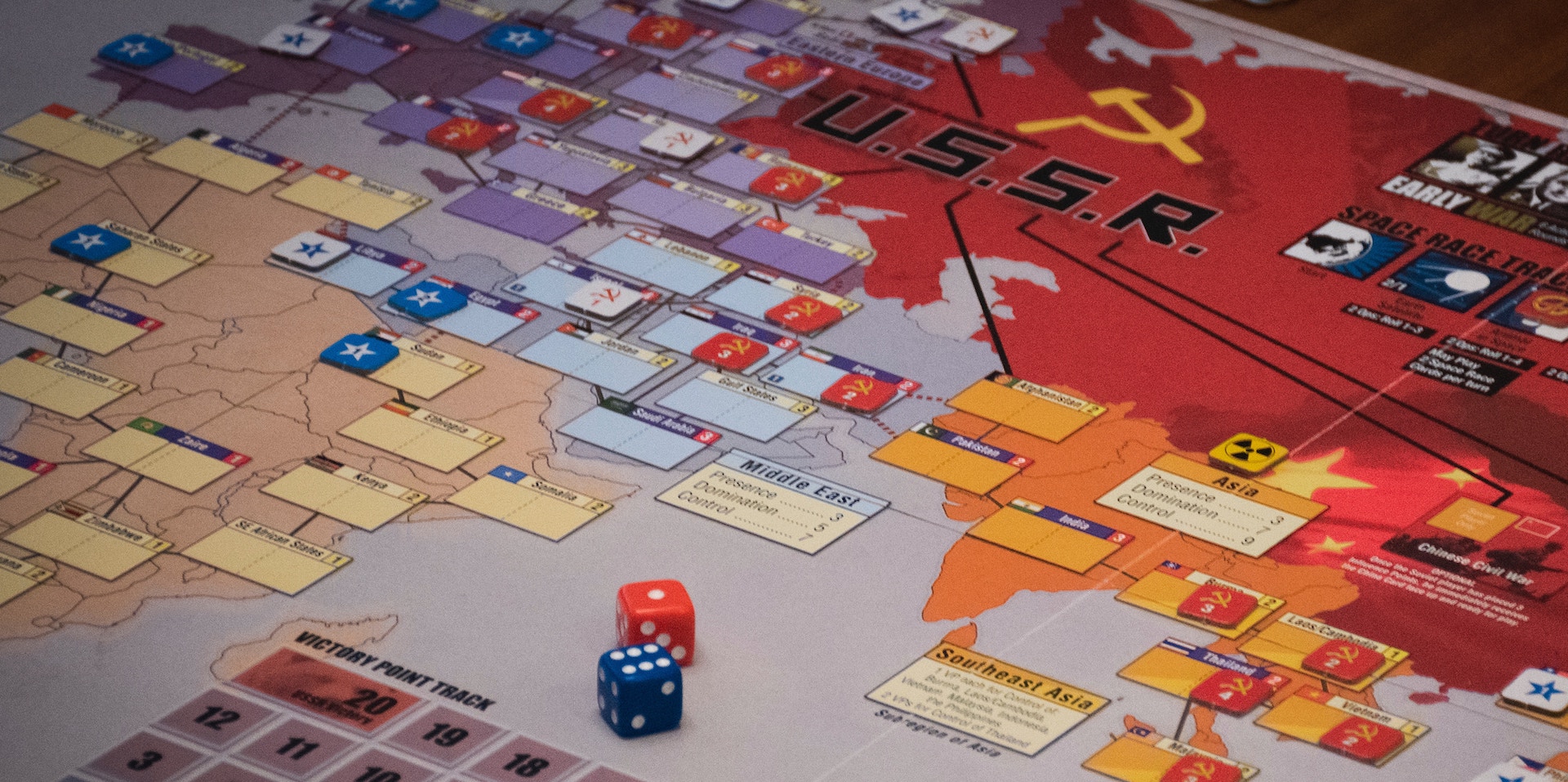Cold War Alliances in Africa and Its Impact on Economic Development
SHARE THIS

| Shlomo Weber (New Economics School, Moscow) | |
| Monday 25 March 2019 at 4:00 - 5:00 pm (Hong Kong time, GMT +8) | |
|
IAS2042, Lo Ka Chung Building, HKUST, Clear Water Bay |
What was the impact of the Cold War on African economic and political development? This straightforward question poses challenges because no general history of the Cold War in Africa exists and the Cold War experience in Africa was dynamic and endogenous to African countries' interests and outcomes. Nevertheless, this question has received considerable attention by social scientists and public intellectuals. Much of the political and economic turmoil on the continent has been attributed to superpower misbehavior on the continent. Moreover, the Cold War period coincided with the decolonization period on the continent and several dramatic waves of independence. The subsequent setting up of new institutions during the Cold War environment introduced the prospect that political alignment entailed a choice of modes of development.
In this paper we use a game-theoretical approach and historical evidence to develop an interpretation of this important event by constructing a pattern of alignment among states that impacted their economic development.
About the Speaker
Shlomo Weber is President and Professor of Economics, New Economic School, Moscow; Corresponding Member, Saxony Academy of Science, and Professor Emeritus, SMU, Dallas. He has an M.S. in Mathematics from the Moscow State University, and Ph.D. in Mathematical Economics from the Hebrew University of Jerusalem. He served as the Chair of Department of Economics, SMU, Research Director of CORE, Catholic University of Louvain and Academic Director, International School of Economics, Tbilisi, Georgia. He was a recipient of Alexander von Humboldt Prize for outstanding foreign scientists and the Megagrant Award from the Russian Ministry of Education and Science. His research interests include game theory, public, political, and development economics. He published more than 100 papers in leading economic and political science journals. His book (joint with Victor Ginsburgh) “How many languages do we need? Economics of linguistic diversity” was published by Princeton University Press. He also edited “The Oxford Handbook of Russian Economy”, and “The Palgrave Handbook of Economics and Language”.
Get updates from HKUST IEMS






